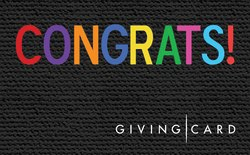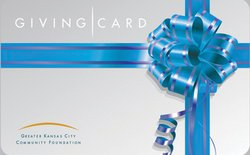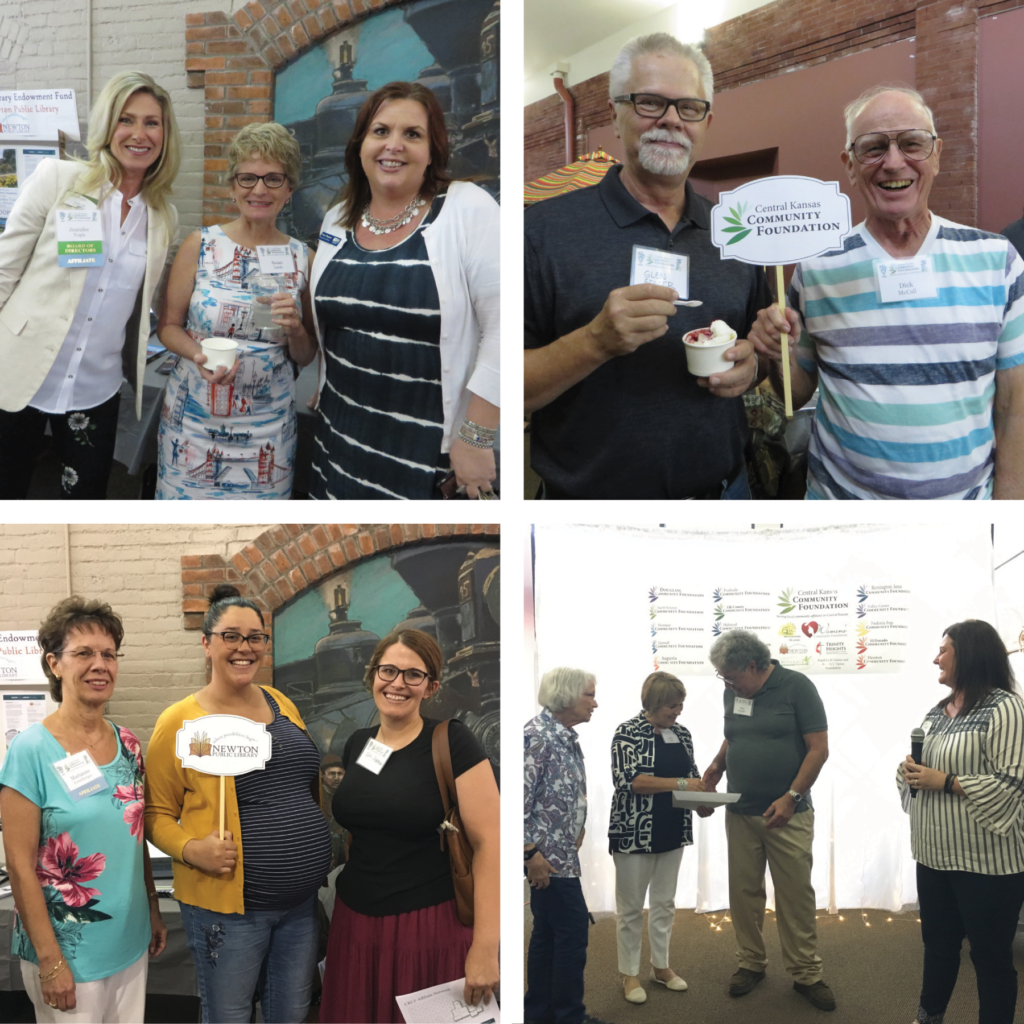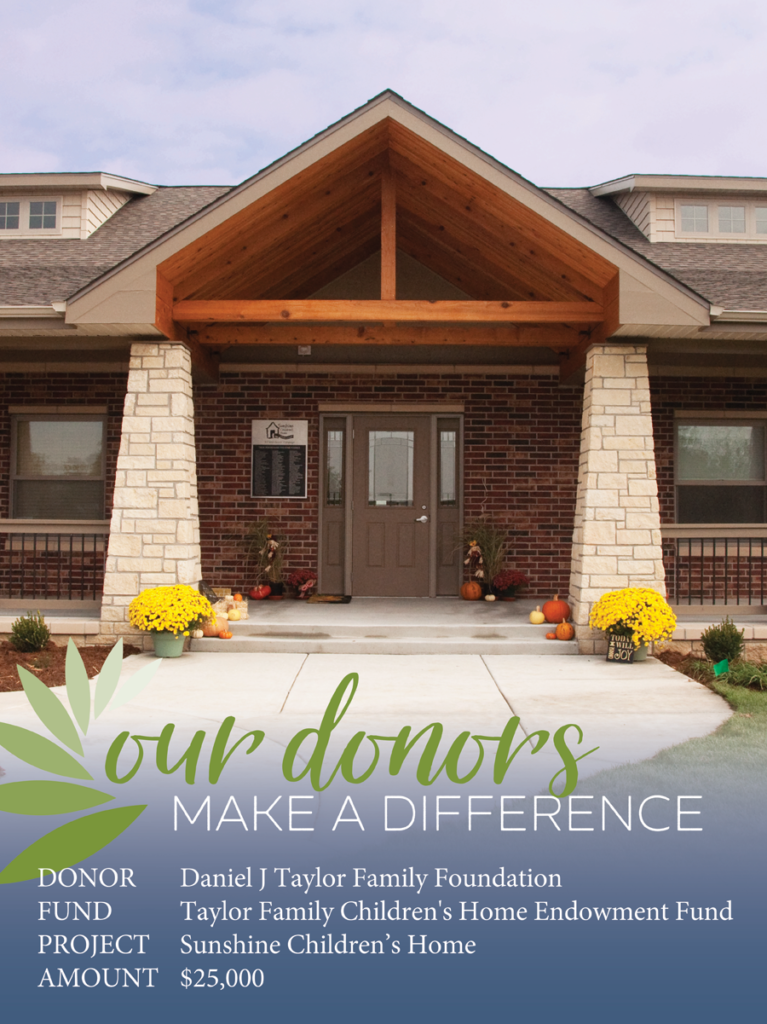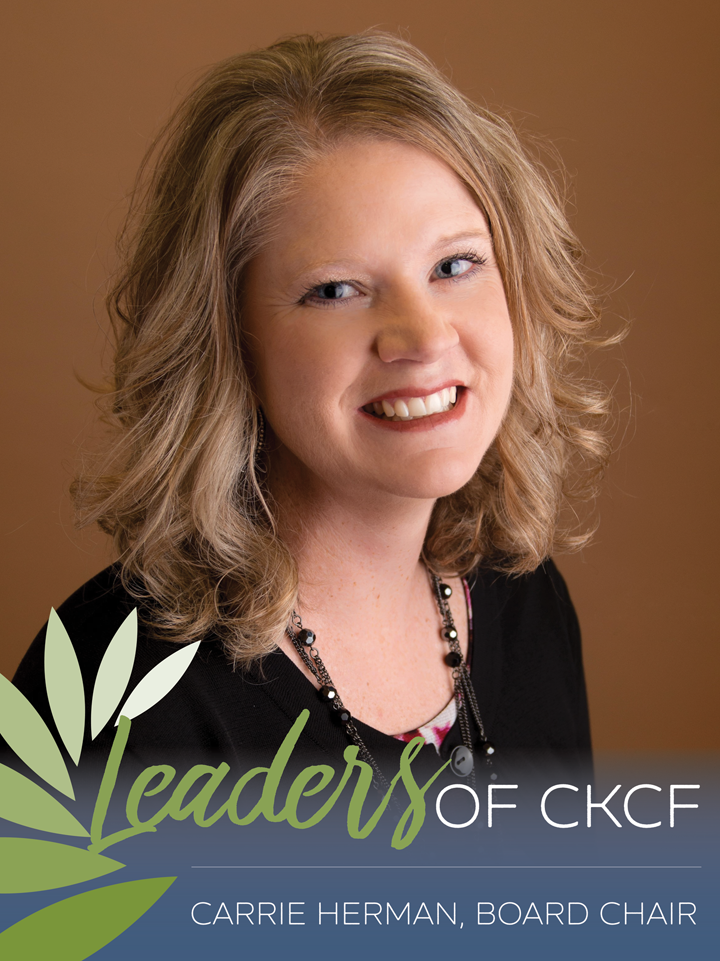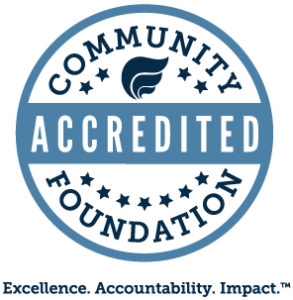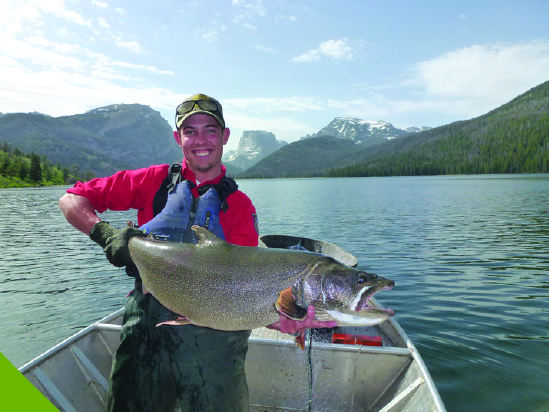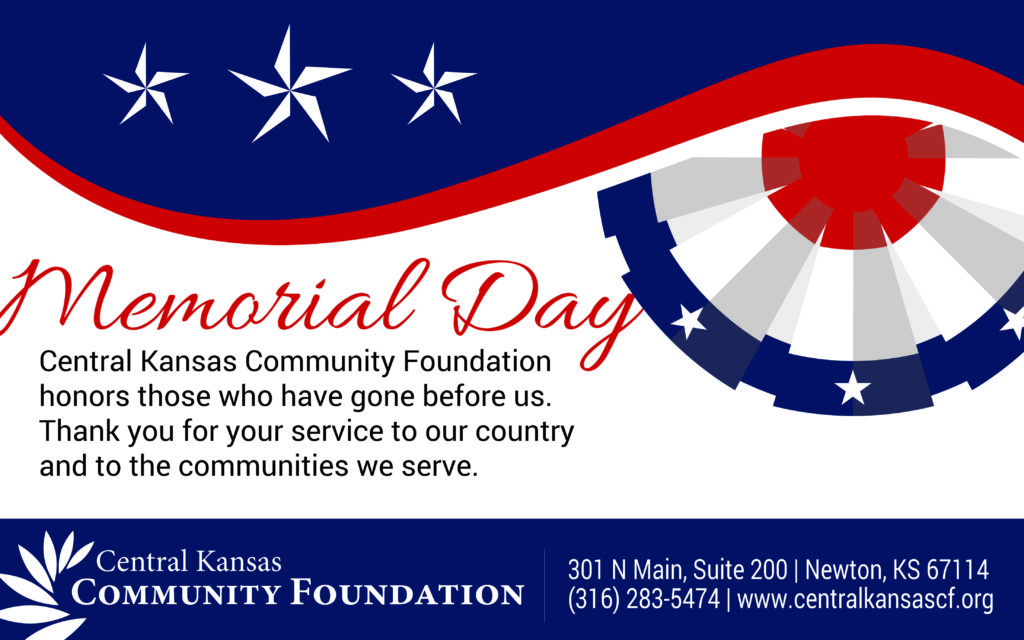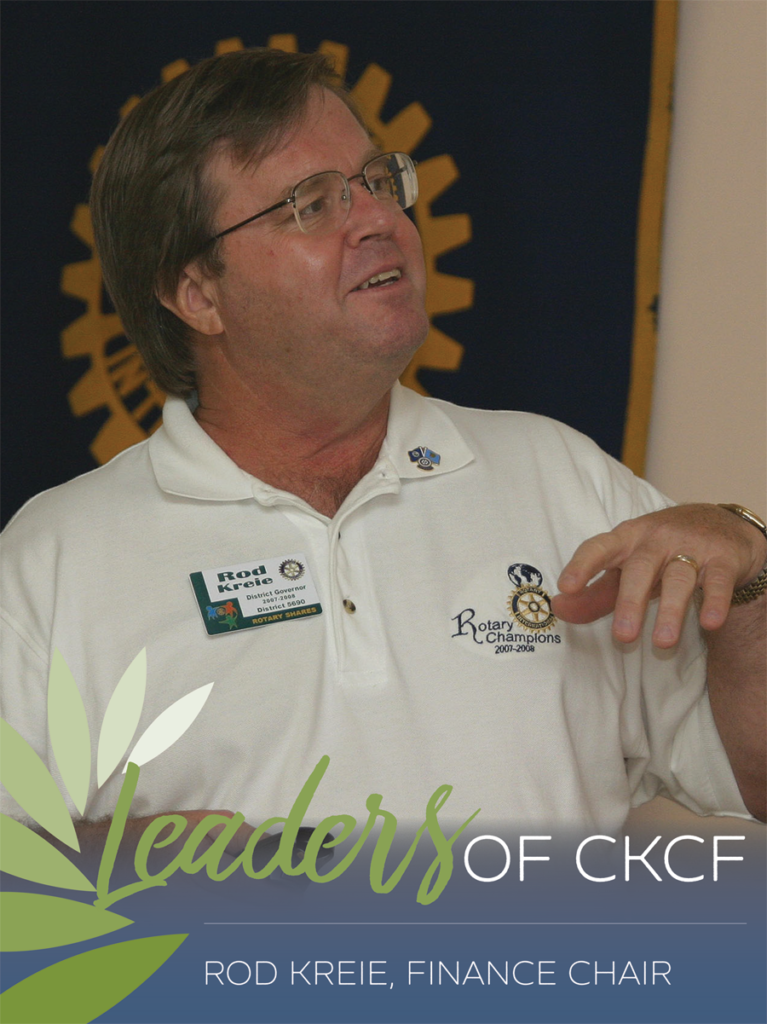
ROD KREIE
CKCF FINANCE COMMITTEE CHAIR
ABOUT ROD
Rod Kreie was born and raised in Ulysses, Kansas. After graduating from Ulysses High School, he attended Southwestern College in Winfield, Ks. Rod and his wife Dana have three girls (Rebecca, Melanie, and Bethany) and 5 grandchildren. Their kids live in New York City, Seattle and Alamogordo, NM. When not working or volunteering, he loves golf, sports and mowing his big yard.
CARRER
Rod is the managing member of Great Plains Biosciences Group. He also is an advisor and on boards of several other entities that he is involved with.
ROD IS PASSIONATE ABOUT CKCF!
Rod seldom says no to helping his community and said yes when asked to serve on the CKCF board. His passion for CKCF is motivated by seeing groups prosper, using the concept that by pooling resources, a bunch of little contributions can add up and make a big dent in things a community can invest in to take care of it’s needs.
COMMUNITY ENGAGEMENT
Rod is deeply involved in Rotary and sells lots of peaches that help every 3rd grader in Harvey County get a dictionary, often the first book they have ever owned. He was recently appointed to the Newton City Commission, has served as president of the Chamber, chairs the Greater Newton Community Foundation, on the inaugural committee for the Sand Creek Festival and is actively involved in Rotary Youth Exchange.
FUN FACT ABOUT ROD
I’ve been involved in Rotary Youth Exchange since 1987 and know kids (grown into adults) all over the world. For my last birthday, because of social media, I received birthday wishes from over 40 countries.

